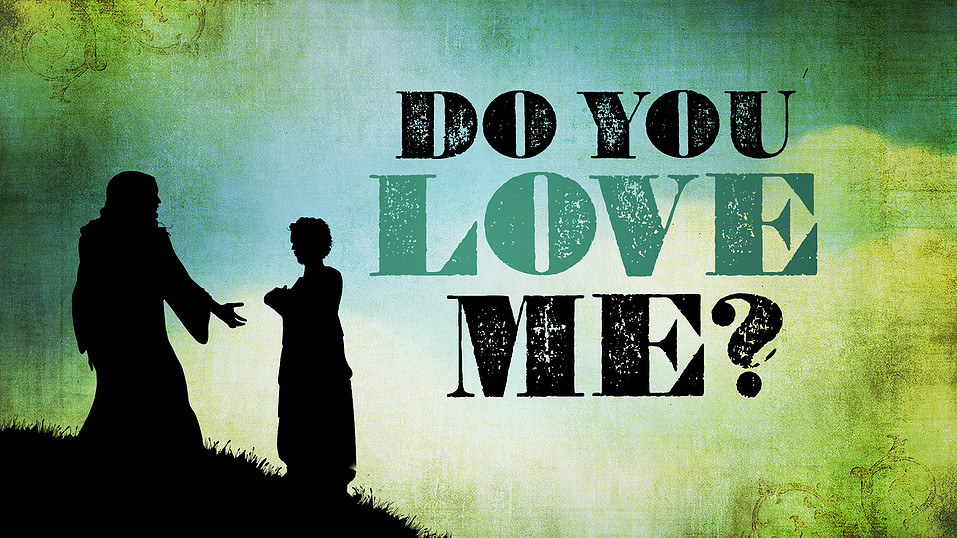 “Oh Lord I beg you.
“Oh Lord I beg you.
Let the Man of God You sent to us come again
to teach us how to bring up the boy who is to be born.”
Judges 13:8
Isaac. Samson. Jesus.
The miraculous announcement of each baby was provided in advance. The response by Manoah, the father of Samson, is recorded in Judges 13:8. When told of God’s plans for Samson, Manoah responded in prayer.
Two key points in his prayer provide prayer prompts for us.
First of all — He begs the Lord. Do you and I come before God with a posture of begging? Do we see Him as the great Provider and ourselves as the ones in great need?
- We are thirsty and He has living water.
- We are hungry and He is the bread of life.
- We are sinners and He is our Savior.
Manoah’s posture in even coming to God in prayer is a great example for us. He comes begging God and asking God for His provision.
And then, secondly, he asks God to teach him how to complete the call on his life.
Have you ever prayed:
- “God, teach me.”
- “God show me.”
- “God help me.”
Do you and I have a teachable spirit? Are we humble enough to ask for help?
Is Manoah’s example of prayer one that we follow? When we need to grow in our lives or when we need guidance, do we ask? James 1:5 says,
“If any of you lacks wisdom, he should ask God, who gives generously to all
without finding fault,and it will be given to him.”
Have you got it all together in every area of life?
Do you need help in knowing how to love your husband, lower your cholesterol, train your children, encourage a hurting friend, teach the 2nd grade SS class, make your budget work, care for aging parents, or find contentment and purpose in life?
Where do you and I lack wisdom? In what area of life are we plodding along…slugging through…stressed out…confounded … or just plain stuck in how to work it out. Have you thought of simply asking God?
James reminds us that when we ask, He gives. Not sparingly…not begrudgingly…but generously! I love adverbs! Those ‘ly” words in Scripture give delightful shades of meaning and illumination. God gives generously when we ask for wisdom.
Have you ever been embarrassed to go back and ask someone how to do something? Maybe because you’ve asked 27 times before–or maybe because your age or experience might suggest you should already know how to do it. And have ever had that boss or friend or co-worker belittle or berate you or shame you–or even just sigh heavily as they answer? God doesn’t do that. He doesn’t find fault with us for asking. In fact, I think He delights in our asking.
James 1:5 opens with the phrase, “If any of you lacks wisdom…” and ends, “it will be given.” We can conclude that the means to get wisdom is to first acknowledge you need it. That requires humility. The prideful person thinks, “I’ve got this” or “I will figure this out on my own.” But the humble woman, like Manoah– Sampson’s father, asks and receives.
The woman of God has a teachable spirit.
The complete audio of this week’s teaching lecture can be found here:
http://fbcsiloam.podbean.com/e/the-book-of-judges-lesson-5-laura-macfarlan/
Photo attribution: https://flashtrafficblog.wordpress.com










